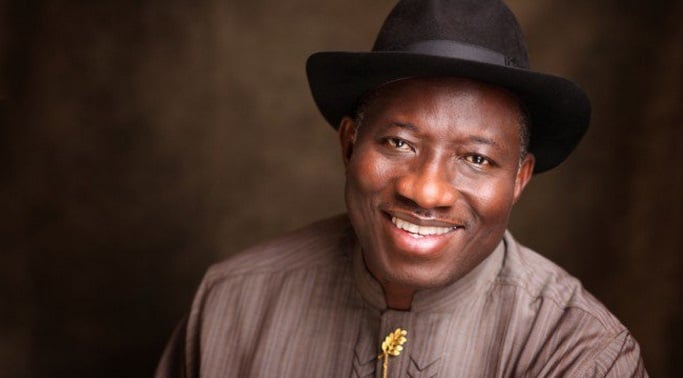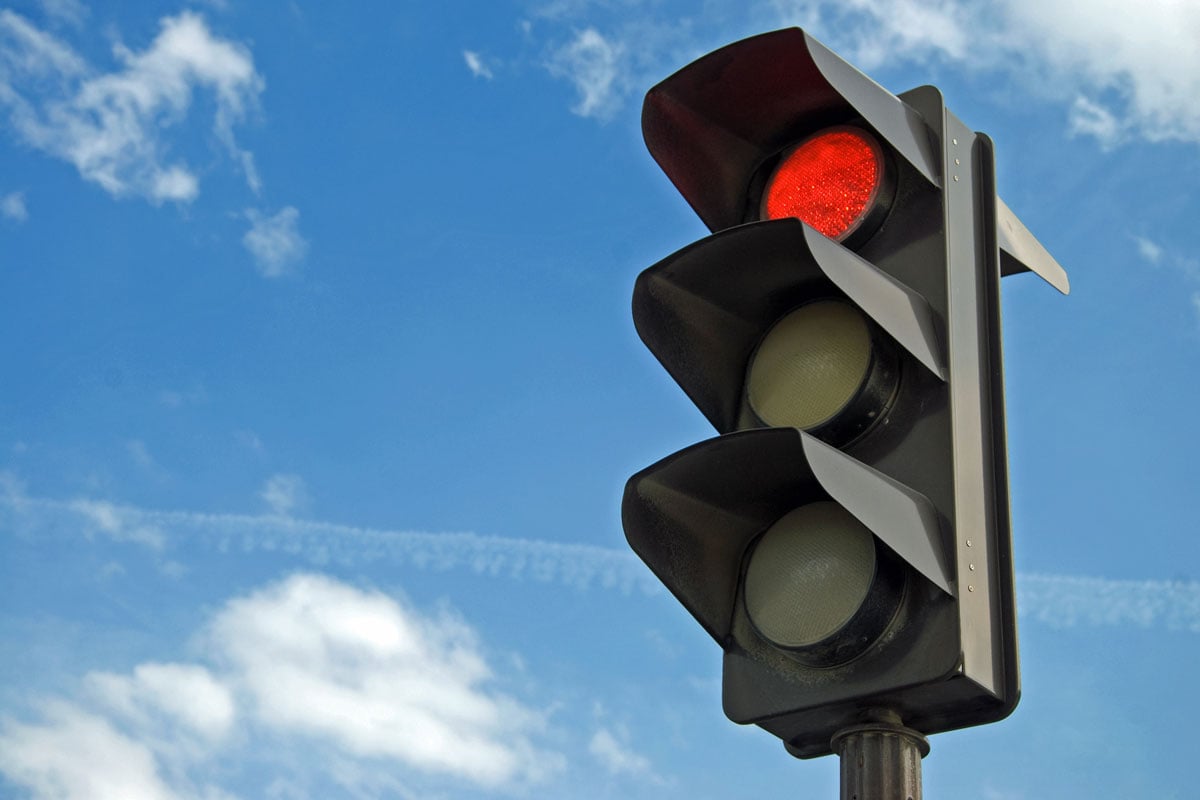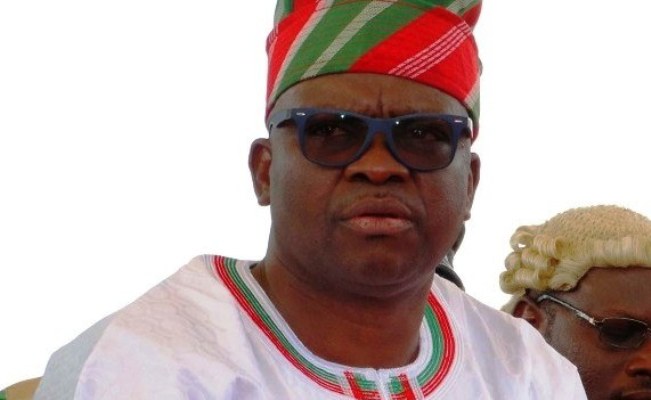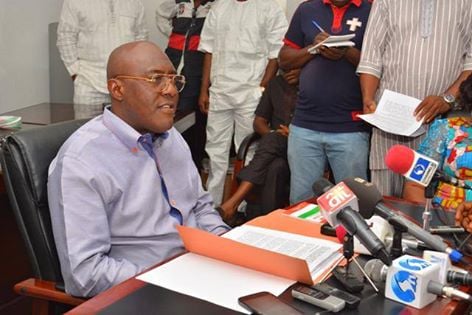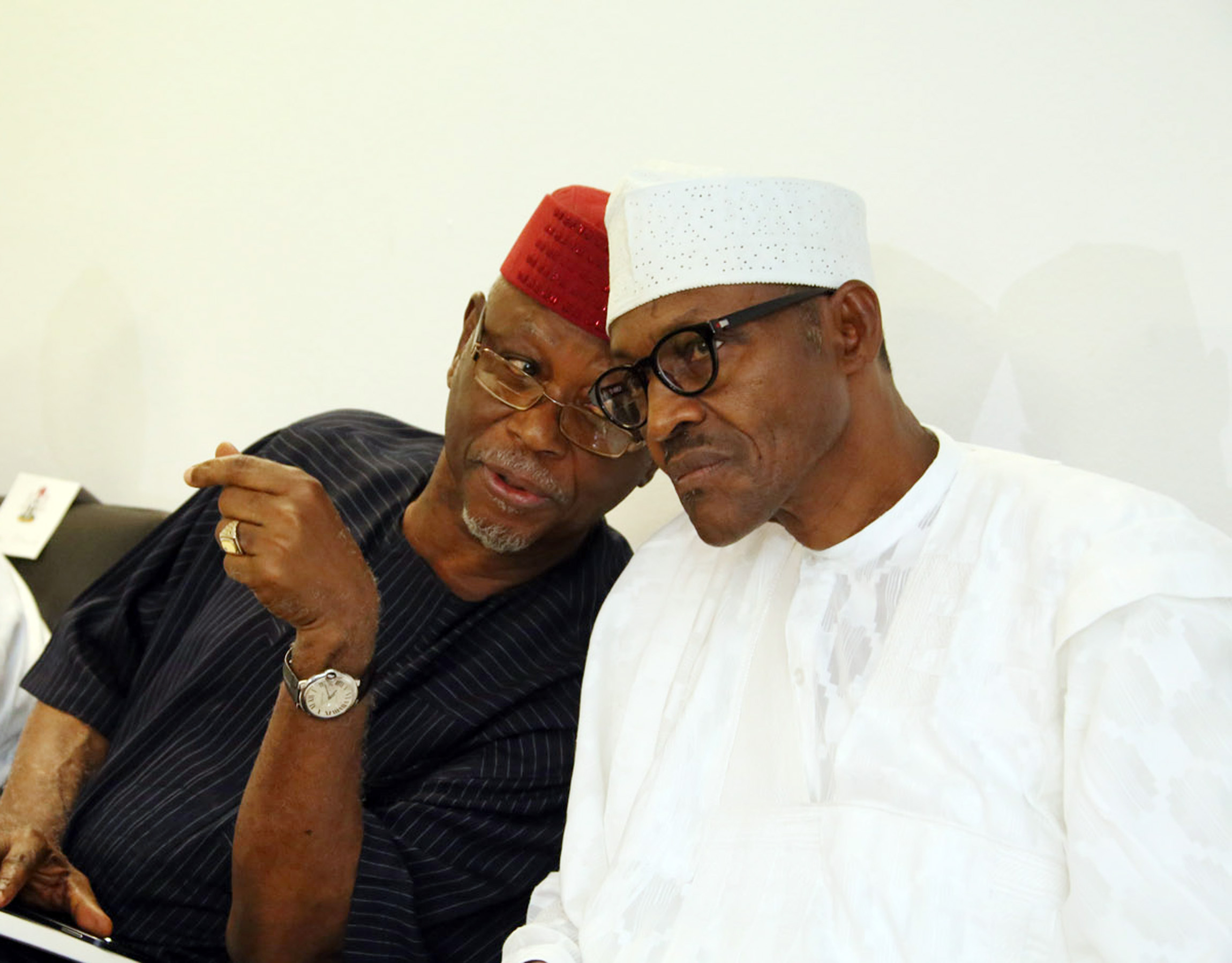Jonathan declared state of emergency in parts of Borno, Adamawa and Yobe
ELECTORAL REFORMS
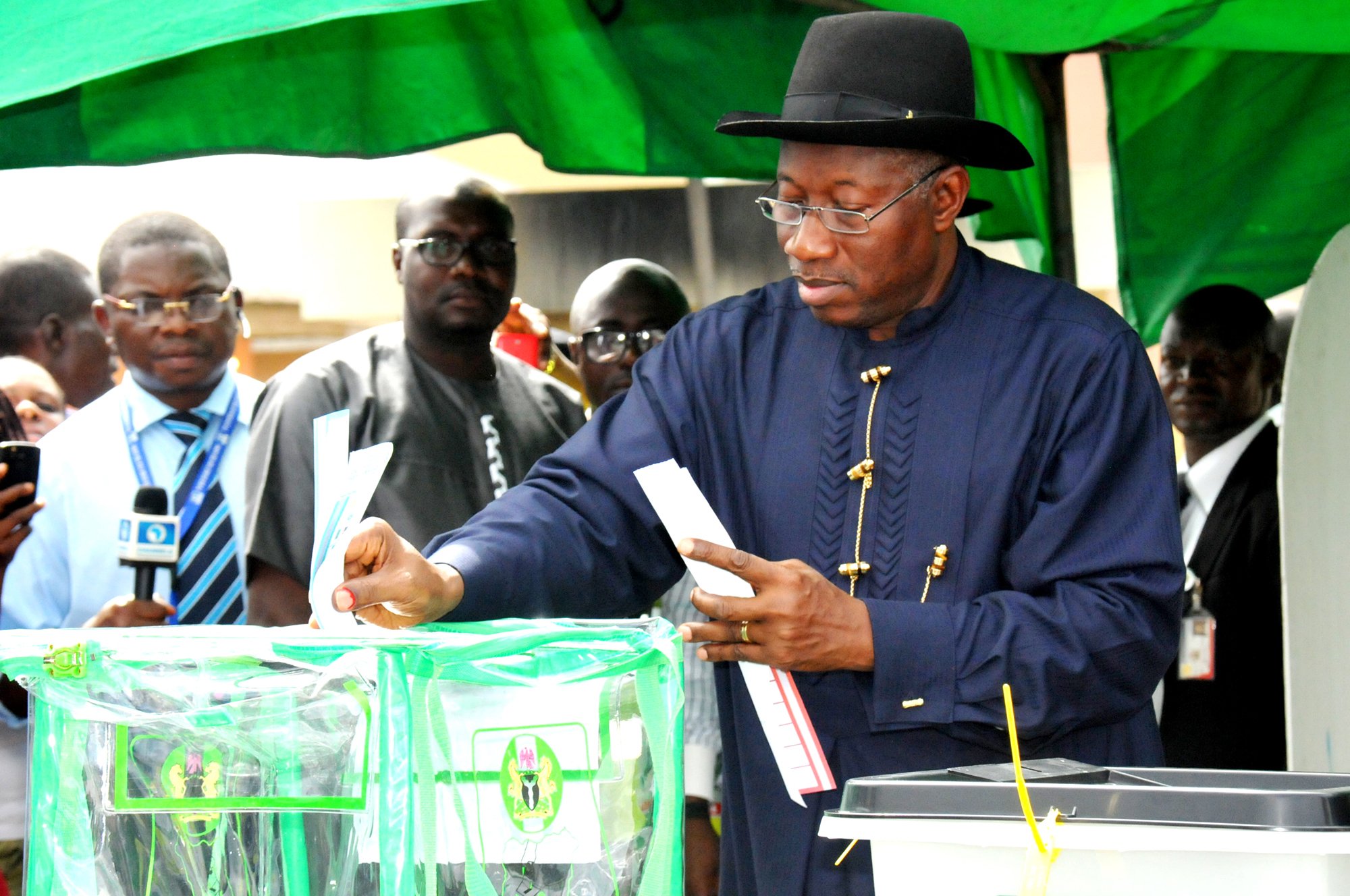
On June 8, 2010, Jonathan nominated Attahiru Jega, vice-chancellor of Bayero University Kano (BUK), as chairman of the Independent National Electoral Commission (INEC), and this turned out the first of his many steps towards free and fair elections in Nigeria.
After Jega was confirmed as the helmsman at INEC, Jonathan gave the necessary support and funding to supervise a proper electoral process. In August 2010, he reinforced his commitment to the promise he made to the Nigerian people by signing the 2010 Electoral Act.
In 2011, that law favoured Jonathan and his party, as they rode gallantly to power. Subsequently, six gubernatorial elections were conducted within 2011 and 2014, using the same procedures, which did not go the PDP way, as it lost four states – Edo, Ondo, Kogi and Osun – to the opposition.
Jonathan did not renege on his promise when it came to his own election; he allowed the same process take its due course, giving INEC the autonomy needed for the kind of elections he promised on assuming office in 2010. In an exclusive interview with TheCable, he even said he would take the outcome of the elections in good faith.
Advertisement
“I have always congratulated governorship candidates when they win, even when they defeat candidates of my own party. I will congratulate whoever wins,” he said.
“I am not known for violence; I will never incite people to start spilling blood because of an election. It is not worth it. My ambition is not worth the blood of any Nigerian.”
Jonathan was true to his words. He would not be quickly forgotten for what Buhari described as the “standard of political conduct in the country”. Jonathan left office with the satisfaction that his successor – or any other president for that matter – would not be telling Nigerians that the electoral process that culminated in his assumption of office was “flawed”.
Advertisement
Add a comment

